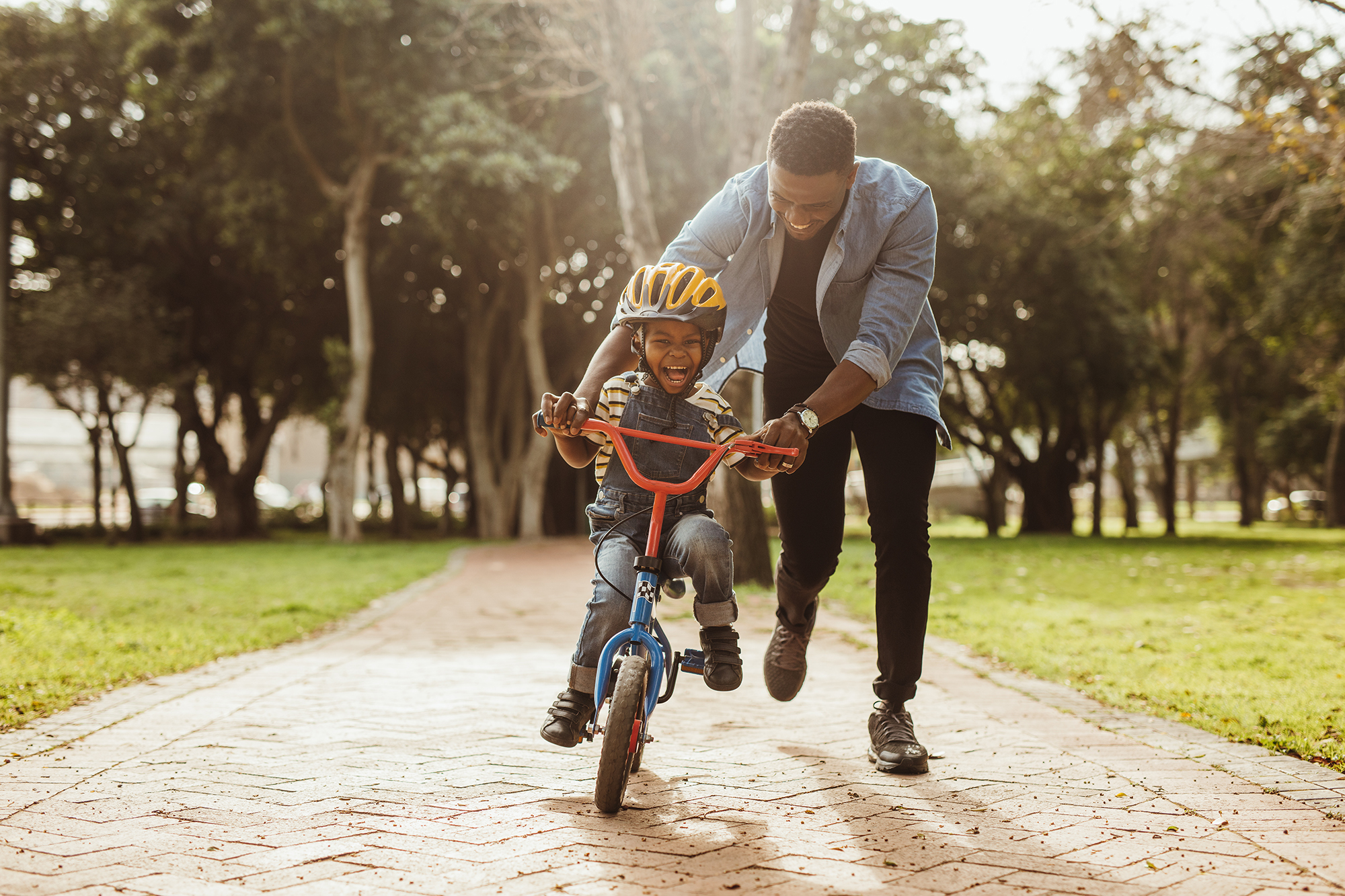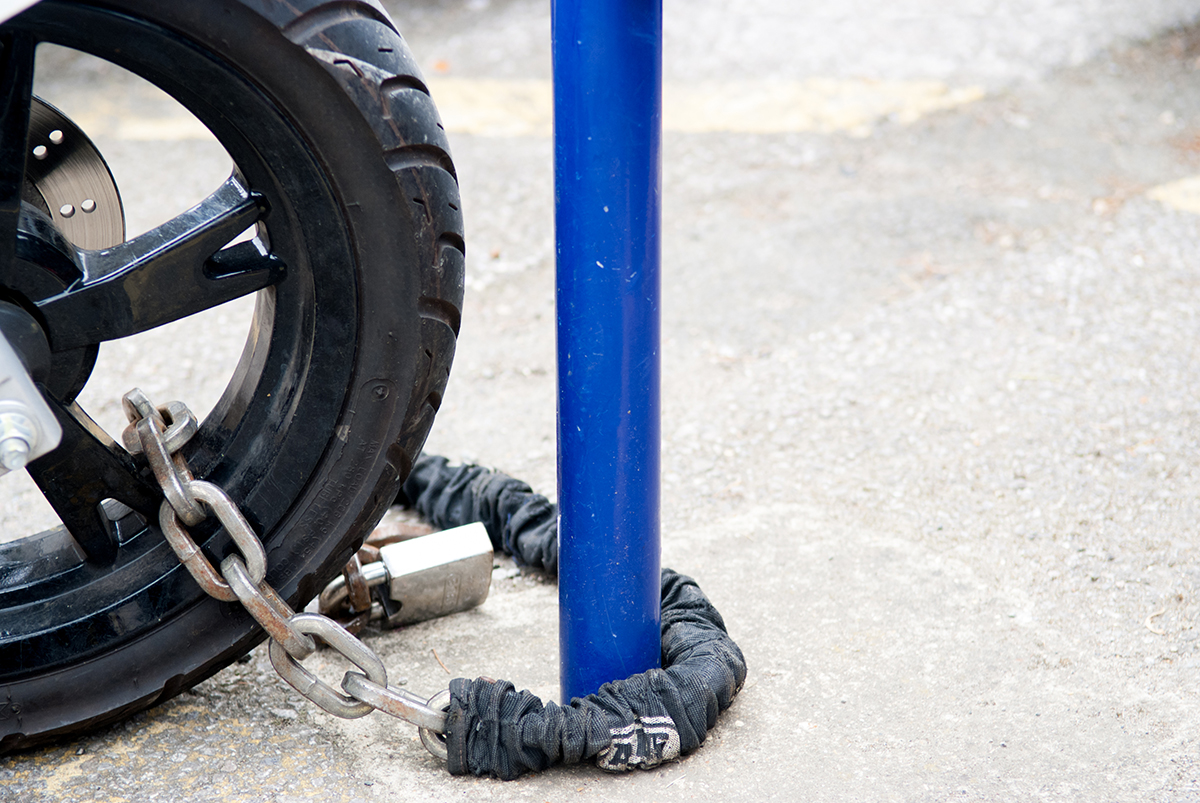These basic rules for life will help your child navigate the world as safely as possible, whether at home, school, or playing with friends
As a parent, you want your little ones to be able to safely explore their curiosities. To enjoy a carefree childhood.
To turn that dream into a reality, it’s up to you to equip them with the right knowledge and instill in them the confidence to use it—even when you’re not around to watch over them.
Below, you’ll find eight safety rules for kids that every parent should have in their educational arsenal. These rules will help your child develop awareness, independence, and provide you with some precious peace of mind.
Universal Safety Rules for Kids
Every parent typically has hard and fast rules for when their child is at home or playing with friends…
But there are some general safety rules for kids that should apply no matter where their adventures take them. These include:
- Don’t play with fire or flammable equipment (matches, lighters, etc.).
- Treat potentially dangerous items with respect (knives, sharp objects, appliances, heavy items, etc.).
- Always wear safety gear during potentially dangerous activities (swimming, riding a bike, roller skating, skateboarding, wearing a seatbelt while riding in the car, etc.).
- Never swim alone.
- Don’t go out alone at night.
- If you get lost, you should stay where you are. Let your child know that if they’re indoors, like at a mall or supermarket, it’s important that they don’t leave the store or building. To get help, they can go to the nearest counter to let an employee know that they’re lost.
Have Basic Contact Info Memorized
In an emergency, your child should be able to recall basic contact information, such as you and your fellow parent’s names, the names of trusted family members, your home address, and for children old enough to remember, your phone number.
Knowing this information can help them notify you of an emergency or find their way back to you if they get lost. Outside of emergencies, they should never share their contact info with anyone other than family members and close family friends.
Safety Rules for Kids at Home
Whether you’re in another room or out making a grocery run, house safety rules are crucial to prevent accidents and injuries. These rules will likely evolve as your child grows, but the following list is a great place to start:
- Learn where safety equipment is in case of an emergency (first aid kit, fire extinguisher, phone to send for help, etc.).
- Have an established meeting spot in case of an evacuation.
- Keep all doors and windows locked at all times.
- Always ask for permission before leaving the house.
- Never play with adult items or equipment (appliances, alcohol, knives, fire, and other dangerous things).
- Don’t open the door for strangers.
- If you still have a landline, don’t answer the phone for anyone but family and trusted friends.
Safety Rules for Kids Playing Outside
Whether they’re playing in the yard or at a local park, these safety rules for kids will reduce your child’s risk of having an accident or getting lost:
- Don’t leave the boundaries of the yard, park, or play area without asking.
- Don’t climb fences or tall heights.
- Don’t play near the road.
- Don’t run out into the road.
- Don’t cross the road without looking both ways.
- Always wear necessary safety equipment (as stated in rule number one)
- If you hear thunder, go back inside.
- Don’t pick up or play with potentially dangerous litter (broken glass, bottles, etc.).
Dealing With Strangers
Child abduction is a very real threat and the worst nightmare for any parent. With that in mind, the discussion about how to deal with strangers is one you should have with your little one regularly throughout their childhood.
They should know never to take food or drinks from them, let them touch them, share contact information, or go anywhere with them.
Many would-be abductors will tell a child that their mom or dad had an emergency and sent them to pick them up. It’s absolutely vital to reassure your child that if there’s an emergency, you’ll send a family member or trusted friend. Never a stranger.
You can also come up with a safe word to use that only you, your partner, your child, and trusted guardians know. That way, if an abductor tries this strategy, your child can ask for the safe word and know that they’re not to be trusted.
Safety Rules for Kids on the Internet
Between computers at home and school and smartphones, your child is bound to have access to the internet at some point. That’s why it’s essential to set some safety rules for kids around their internet use.
Phone games, curated content (like YouTube), and social media can be addictive. To avoid an unhealthy relationship with technology, many parents have screentime limits in place for their children.
If your child seems to have a strong attachment to their smartphone or other internet-based devices, this may be something to consider.
Most importantly, they should know never to share personal information—address, phone number, where they go to school, anything—with anyone on the internet, whether they’re online at home or school.
Safety Rules for Kids’ Personal Space
It’s crucial to teach your child boundaries when it comes to their body and personal space. Learning the difference between appropriate and inappropriate touching is key to this process.
They should know that—outside of special circumstances, like a physical examination at the doctor’s office—no one is allowed to touch their private areas.
If anyone asks to see, attempts to touch, or does touch these areas, whether they’re an adult or a child, they need to tell you as soon as possible.
A strong sense of protectiveness over their body is critical for any child to develop.
Trust Your Gut
Last but certainly not least, part of growing up is learning to trust that little voice in the back of your head. The one that speaks up when something feels uncomfortable or dangerous.
As a parent, do your best to encourage your child to listen to that voice whenever possible. If it feels wrong, they don’t have to do it. Even if the rest of their friend group is.
Learning to listen to their gut will help your child develop trust in themselves and build a strong inner compass to guide them through life.
If your child is old enough to use a smartphone, setting them up with the Rescu app will ensure they have the fastest way to get help in an emergency in the palm of their hands at all times.
Just two taps immediately dispatches fire, police, or medical responders to their current location anywhere in the US, no talking required.
Click HERE to learn more, or download now with the buttons below!





